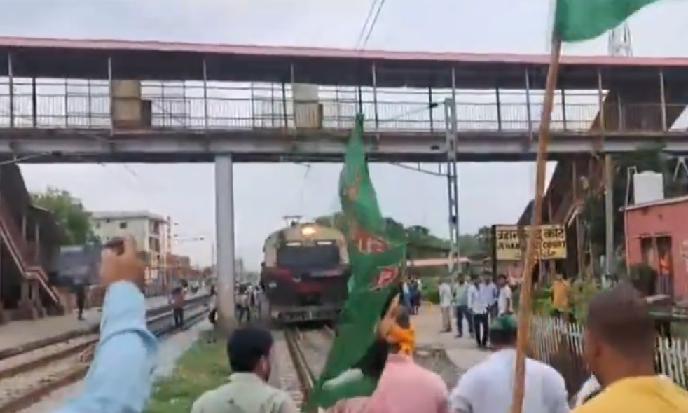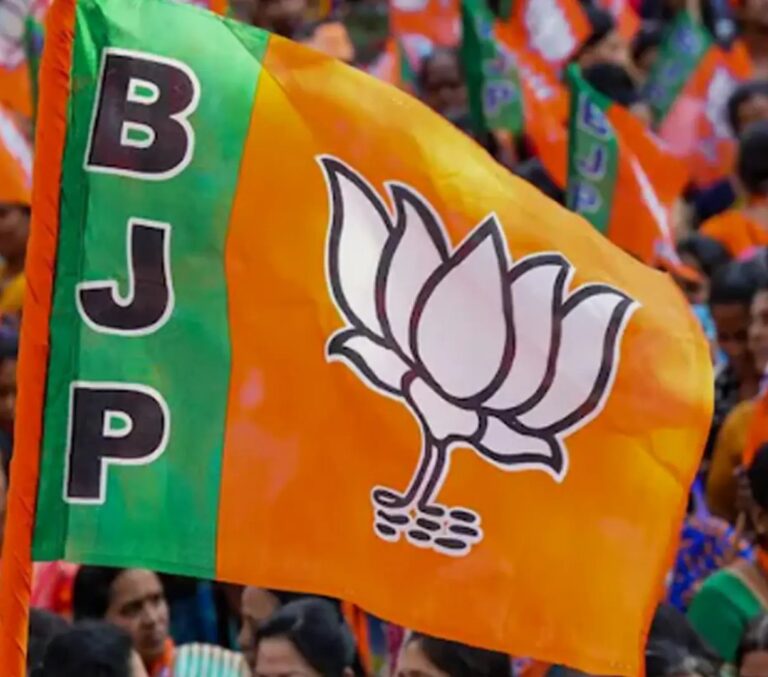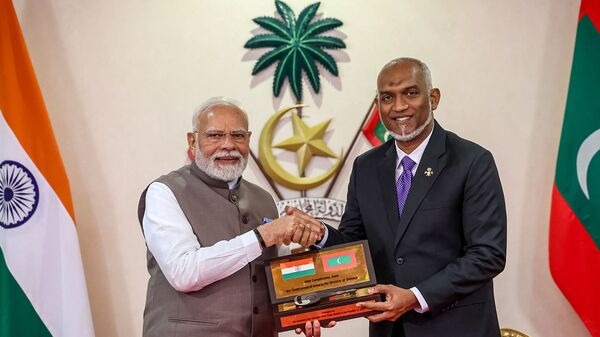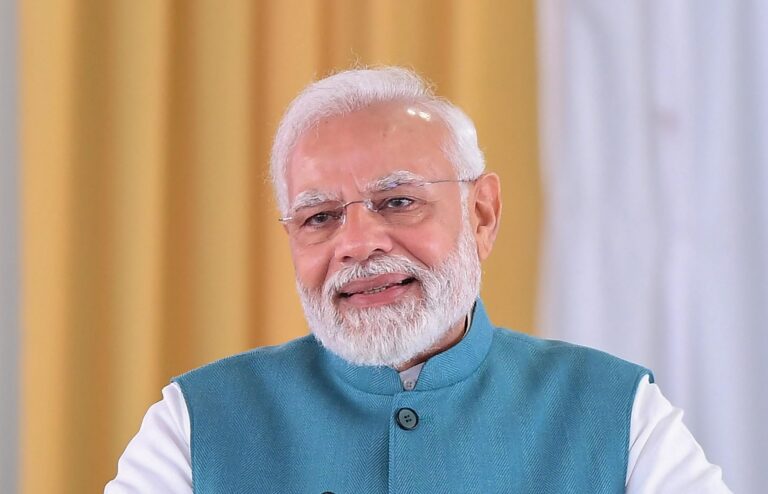
Bihar witnessed disruptions as members of the Rashtriya Janata Dal’s students’ wing blocked railway tracks at Jehanabad railway station.
Public transportation was severely affected across several Indian states on Wednesday as the ‘Bharat Bandh’ protest called by a joint forum of 10 central trade unions intensified. The protest is aimed at opposing labour reforms and economic policies introduced by the central government, which the unions allege undermine workers’ rights.
The strike targeted disruptions in public transport, government offices, public sector undertakings, banking and insurance, postal services, coal mining, and industrial production.
Train tracks blocked in Bihar, Bengal
Bihar witnessed disruptions as members of the Rashtriya Janata Dal’s students’ wing blocked railway tracks at Jehanabad railway station. In West Bengal, agitators obstructed rail services at multiple stations, including Jadavpur, where members of Left-affiliated unions defied police presence and squatted on tracks.
Bus drivers wear helmets in North Bengal amid tension
In a unique safety measure, bus drivers of the North Bengal State Transport Corporation (NBSTC) were seen wearing helmets during duty hours, except in the Darjeeling Hills.
While talking to news agency ANI, a bus driver said, “These people are saying the right thing (referring to the ‘Bharat Bandh’), but we have to do our work. We are workers, so we support (the ‘Bandh’)…We are wearing it (helmet) for protection in case something happens.”
Highway blockade in Odisha, shops shut in Kerala
In Odisha’s Bhubaneswar, members of the Khordha District unit of the Centre of Indian Trade Unions (CITU) blocked the national highway in support of the Bandh. Meanwhile, in Kerala’s Kottayam, shops and malls remained closed as traders joined the protest, backing the trade unions’ call.
Services run normally in parts of Tamil Nadu
Unlike other states, public transport services in Chennai, Tamil Nadu, remained largely unaffected by the Bharat Bandh, with buses continuing to operate as scheduled.
CITU leader slams labour codes
Left-backed trade unions spearheading the protests in Bengal alleged that the central government was pushing pro-corporate reforms at the cost of labour rights. A large police presence was visible near Jadavpur 8B bus stand, although private and state-run buses continued to operate in parts of the city.
CITU General Secretary Tapan Kumar Sen said, “On the 17-point charter of the demand, the focus was on the demand to completely scrap the labour ports enacted by the government in 2020 to destroy the country’s trade union movement. This will be a highly dangerous exercise, and ultimately, the government aims to dismantle the democratic structure. Against that, the trade unions have given a call for a nationwide general strike.”
Unions slam government’s inaction
The strike saw participation from the Indian National Trade Union Congress (INTUC), All India Trade Union Congress (AITUC), Hind Mazdoor Sabha (HMS), Centre of Indian Trade Unions (CITU), and others including AIUTUC, TUCC, SEWA, AICCTU, LPF, and UTUC.
In a joint statement, the unions criticised the Centre for not holding the annual labour conference for over a decade. They alleged the government was pushing four new labour codes to weaken union activity and collective bargaining under the guise of improving the ‘ease of doing business’.
The unions also blamed central economic policies for rising unemployment, surging prices of essential commodities, and falling wages. They said budgetary cuts in health, education, and civic services had further impacted workers.
Among the key demands of the trade unions were the immediate recruitment to vacant government posts and increasing the number of working days and wages under the Mahatma Gandhi National Rural Employment Guarantee Act (MNREGA).
Workers’ grievances at the heart of Bharat Bandh today
The Bharat Bandh is being projected as a call to restore the rights of organised and unorganised workers, opposing what the unions describe as a coordinated attempt to dismantle hard-won labour protections in India.
While participation levels varied across states, the widespread disruption and symbolic gestures—like helmet-wearing bus drivers—reflect a simmering discontent among India’s working class.
At the time of filing this report, the central government had not issued an official response to the protest. However, observers say the protest may prompt a review of the implementation timeline of the new labour codes.




